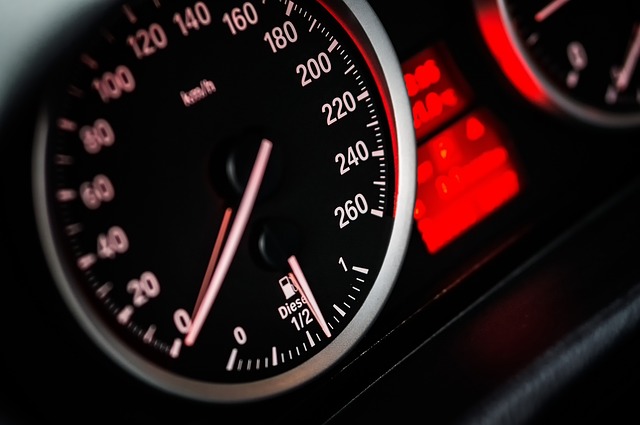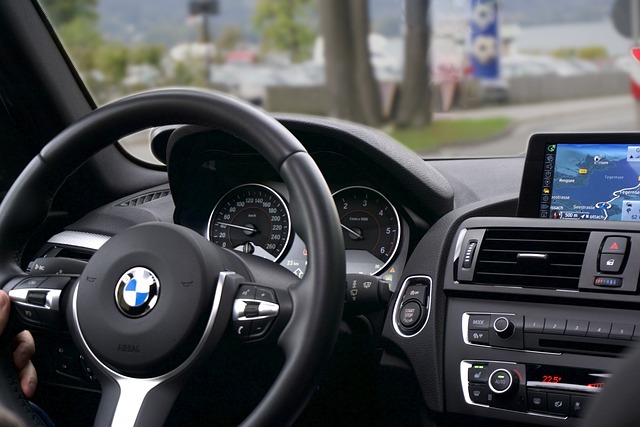Decoding PCP Car Finance: Insights into PCP Claims in the UK
Personal Contract Purchase (PCP) is a popular UK car financing option that allows consumers to make…….

Personal Contract Purchase (PCP) is a popular UK car financing option that allows consumers to make flexible, tailored payments over time before deciding to keep or return the vehicle at the end of the agreement. PCP contracts consist of an upfront deposit, regular installment payments that include both finance and interest charges, and a final balloon payment, which is estimated based on the car's future resale value. This model offers customers the ability to benefit from new car models regularly while managing their finances effectively. PCP claims in the UK provide essential insurance coverage that protects against unforeseen events impacting the vehicle's resale value and safeguards the customer's financial obligations, especially regarding the final balloon payment. PCP claim benefits are particularly significant, as they enhance the predictability and control of vehicle ownership costs. For those in the UK considering car finance options, PCP with its associated claims is a responsive and cost-effective choice, offering both flexibility and convenience in vehicle ownership.
When considering car financing options in the UK, Personal Contract Purchase (PCP) consistently stands out due to its structured payment plan and flexibility. This article demystifies how PCP works within the car financing landscape, from understanding its core components to navigating potential claims associated with it. We’ll explore the intricacies of PCP agreements, the benefits they offer, and the critical aspects of PCP claims in the UK context. Whether you’re looking to understand the payment process or the eligibility criteria for PCP plans, this guide will provide clarity on your rights and responsibilities. Additionally, we’ll delve into managing PCP claims effectively and what to do at the end of your contract, ensuring you’re well-informed throughout your car financing journey with PCP.
- Understanding Personal Contract Purchase (PCP) and Its Role in Car Financing
- 1.1. Definition and Structure of PCP Agreements
Understanding Personal Contract Purchase (PCP) and Its Role in Car Financing

Personal Contract Purchase, commonly known as PCP, is a popular car financing option in the UK that allows individuals to pay for their vehicle in instalments over an agreed term. This financial product has become increasingly prevalent due to its structure, which aligns with the purchasing habits and budgetary constraints of many consumers. With PCP, you effectively hire the car from the finance company for an initial period, after which you have the option to return the vehicle, trade it in for a new one, or buy it outright. The beauty of PCP lies in its flexibility; it’s tailored to suit different financial situations and preferences.
The PCP agreement typically comprises three components: the deposit paid upfront, regular payments over the term, and a guaranteed minimum future value (GMFV) at the end of the contract. The amount financed is based on the car’s purchase price minus the GMFV. PCP claims in the UK are a form of insurance that can cover the lender against potential damage to the car’s value beyond what was anticipated in the agreement. This protection is crucial, as it safeguards against unforeseen circumstances that could affect the vehicle’s condition and market value, potentially impacting the customer’s ability to purchase the car at the end of the contract or trade it in for another model. PCP claims are designed to provide peace of mind, ensuring that the end-of-contract balloon payment is affordable regardless of the car’s actual resale value. This feature makes PCP an attractive option for those looking to manage their finances effectively while enjoying the benefits of owning a new car every few years.
1.1. Definition and Structure of PCP Agreements

Personal Contract Purchase (PCP) is a popular form of car financing in the UK that allows individuals to pay for a vehicle in regular installments over an agreed term, after which they have the option to return the car or purchase it outright. Under a PCP agreement, the cost of the car is split into three components: the deposit paid upfront, the deferred balloon payment, and the fixed periodic payments that cover the finance charge and interest. These payments are typically lower than those under a traditional hire purchase agreement because a significant portion of the vehicle’s value is deferred until the end of the contract. The structure of PCP agreements is regulated to ensure transparency, with clear guidelines on how much the balloon payment will be at the end of the term, allowing customers to budget effectively for both the installments and the final payment.
PCP claims, often referred to as ‘balloon payments,’ represent the lump sum due at the conclusion of the agreement if the customer wishes to own the car. This figure is calculated based on an estimate of the vehicle’s future resale value, which is subject to various factors including market conditions and the car’s condition upon return or purchase. If the customer decides not to keep the car, they can typically claim back the remaining payments made over the contract term, subject to terms and conditions set out in the PCP agreement. In the UK, PCP claims have become a common feature in car finance due to their affordability and flexibility, making them an attractive option for consumers looking to manage their finances effectively while enjoying the benefits of driving a new car.
In conclusion, Personal Contract Purchase (PCP) has become a cornerstone in the car financing landscape within the UK, offering consumers a flexible and cost-effective means to acquire new vehicles. By understanding the structure of PCP agreements—which include deferred capital repayment, fixed interest rates, and an optional final balloon payment—drivers can navigate their car financing options more effectively. As PCP claims continue to rise, it’s clear that this financial product is both widely adopted and beneficial for those looking to manage their vehicle costs over the lease term. Prospective lessees should thoroughly review the terms of a PCP agreement and consider how it aligns with their financial planning, especially when contemplating the potential to own the car outright upon completion of the contract. With careful consideration, PCP can be a smart choice for those seeking to enjoy the latest automotive technology while keeping depreciation costs under control.







